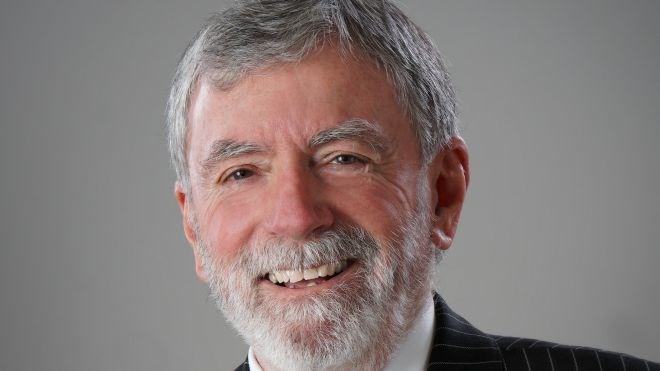There are many factors that contribute to sustainable communities. You need good health care, excellent education, a reasonable tax base, acceptable infrastructure (from roads to internet service), some luck, and an economic reason for being. Sometimes you can inherit that raison d’être (say, nickel deposits, farmland or lobsters) and other times you have to manufacture it out of thin air (say, Silicon Valley or Waterford Crystal).
What makes the difference is intangible. What you must have is a “can-do” culture. Without it you are more or less doomed.
A can-do culture is infectious.
In my experience, it is very hard to build sustainable communities without a good proportion of your economy being owned locally.
Local ownership is the basis for philanthropy, problem-solving, strategic thinking, collaboration, an independent mindset and a vested interest in a community’s success.
Managers are good people, but they report to someone else living somewhere else. They don’t have the last say on anything and they need permission for everything. It’s just a different mentality. Some terrific managers, of course, are the exceptions that prove the rule.
With this in mind, we launched Northern Ontario Business almost 40 years ago in 1980.
The idea was to connect businesspeople across Northern Ontario with a publication that celebrated their hard work, best practices and highlighted issues of importance to business.
Six years later, we launched the Northern Ontario Business Awards.
Our goal was to honour the best among us – the people who teach us how to risk, innovate, export, train, manage, succeed and love life. Since that time, we have honoured more than 300 winners, who have been celebrated by more than 13,000 Northerners in our annual gathering.
Last month, we held our 33rd annual dinner in Sault Ste. Marie. It was fantastic to have so many enthusiastic supporters.
In some ways, everything has changed. Our communities have better services and our businesses are more sophisticated, but all of our communities have been in a battle for economic sustainability.
We live by our wits. The honest truth is that we have less population and fewer jobs but more innovation and determination than ever.
This year we honoured MetricAid from North Bay. As Les Blackwell says, they are an overnight success 10 years in the making. They invented software they sell around the world to schedule hospital emergency department wait times by scheduling physician coverage effectively.
In Timmins, the father-and-daughter team of Jean and Joëlle Charbonneau run JTR and Custom Works, a fabrication shop which recently won the Small Business Health and Safety Leadership Award from the Workplace Safety and Insurance Board. This is an extraordinary accomplishment.
Frank Kelner from Thunder Bay has built North Star Air in partnership with Inuit and Indigenous communities across the North by sharing revenue with his community customers. In the last year they have added 100 new employees, many of them Indigenous.
In Sudbury, the Sudbury and Area Mining Service and Supply Association has brought together more than 100 exporting companies that now work together to market the Northern Ontario brand around the world.
Angela Caputo, a young fireball from Sault Ste. Marie, launched her new restaurant, The Breakfast Pig (all-day breakfast), in partnership with local farmers. This is called import substitution.
Drillco in North Bay invented a new clean-tech diamond core drilling rig it is selling across the country, and just down the road is Jennifer Twigg with her growing Twiggs Coffee Roasters taking on Starbucks.
Four hundred kilometres north of Thunder Bay, the Agoke Development Corporation – in a precedent-setting agreement between three first Nations communities – is managing the silviculture, harvesting, road construction, and wood hauling on their own land supplying the Nakina sawmill. This is a business and social revolution.
In the Sault, Gerald Fowler is selling hundreds of tons of soybeans a year to Belgium, and Brad Gregorini is growing his full-service security company into the United States.
These people live in a can-do culture. It is our can-do culture. Come celebrate with us in Thunder Bay next year.



